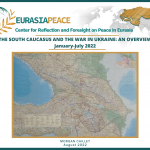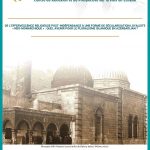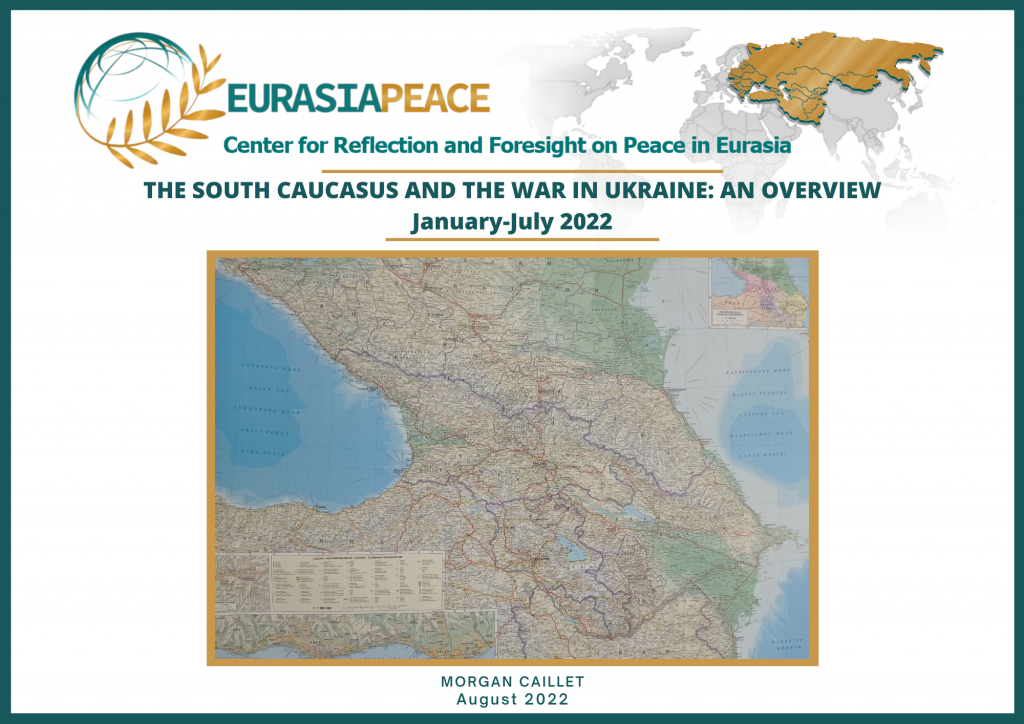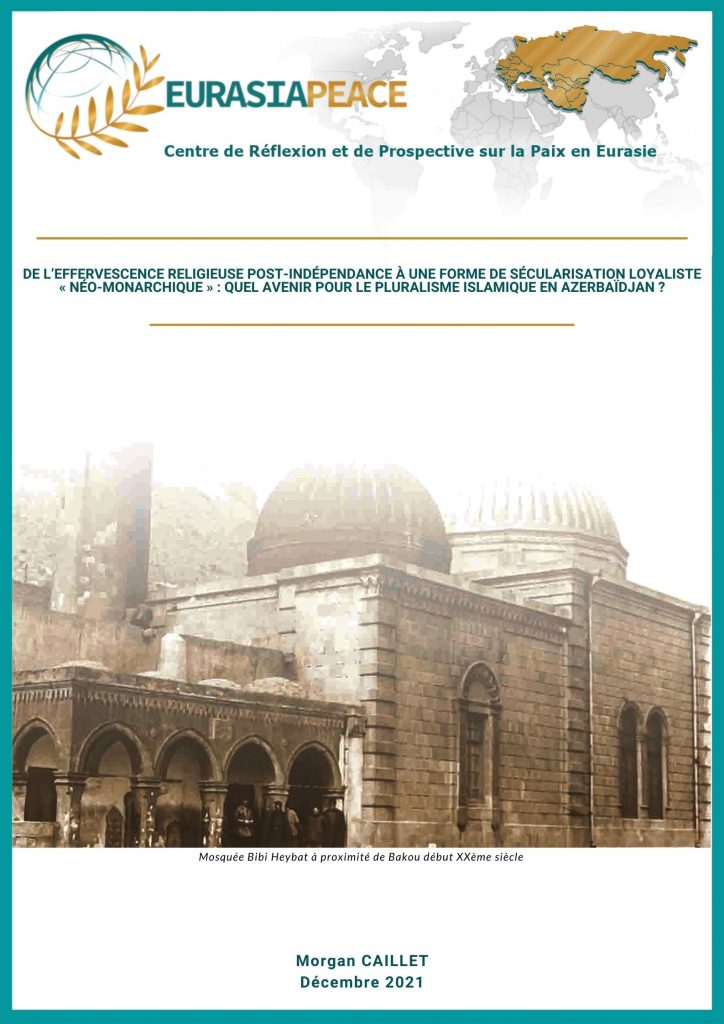OUR REPORTS



The South Caucasus, a mountainous buffer zone between Europe and Asia, has always been subject to the maneuvers of the Empires that surround it, weakened by numerous internal dissensions and marked by variable geometry geopolitical alliances preventing it from plan for the long term in a common future. The war in Ukraine launched in February by Russia is not without consequences for this complex political and ethno-linguistic mosaic. The suspension of international discussions in Geneva and the Minsk group are examples of more or less effective “Russian-Western” cooperation challenged by the ongoing conflict at the gates of Europe. The question of Georgia’s membership of the European Union and NATO deserves an in-depth examination of the underlying reasons for the blockage that we are witnessing and of its implications in the international context that is currently taking shape. It is a question of seeing how the conflict in Donbass and Crimea echoes those taking place nearby concerning other disputed entities such as Abkhazia, South Ossetia or Nagorno-Karabakh. But also to see for each of the three South Caucasian countries, what are the cards they have in hand and what are their positions vis-à-vis this conflict which places them all in more or less important conflicts of loyalty. The situation of these three countries calls for deciphering in order to identify the complex trends at work six months after the outbreak of the invasion of Ukraine – 45 pages + cartography.

The break-up of the USSR in 1991 caused a profound identity reorganization in all the former Soviet socialist republics of the Caucasus and Central Asia, to which Azerbaijan, rich in a long multicultural history, did not escape, located at the crossroads of the European and Asian worlds, and forming a buffer zone between the Turkish-Iranian world in the south and the Russian world in the north. This largely secularized country since the 19th century, during which the Azerbaijani nation was formed, thus extricated itself from the Soviet bloc and its repression against all forms of religious expression, at the time of the failure of Perestroika, in a context of territorial conflict with Armenia which was reactivated in 1988, and of unprecedented economic development thanks to its oil resources and the signing in 1994 of the “Contract of the Century” with a consortium of Western companies.
The disappearance of an entire section of modernity marked by scientific atheism and dialectical materialism inaugurated a period of research into new identification models and a reconnection with ancestral cultural roots. This rich period of restructuring of the religious landscape of Azerbaijan is thus characterized by the opposition of actors disputing the meaning of the practices and the Koranic message and their interactions with a 97% Muslim population presenting the singularity of both to be composed of two-thirds Shiites and one-third Sunnis and to wish to reclaim the modern ideals disappointed by the fall of the USSR. This border zone has been, along with the arrival of new foreign Islamic currents from Iran, Turkey and the Arab world, jostled by crucial international issues such as the events of 11 September 2001 and the wars “against the Axis of Evil” in Iraq and Afghanistan driven by the “Clash of Civilizations” ideology, the “Cartoons Crisis” of the late 2000s, then the “Arab Springs” in the early 2010s, and finally the conflict in Syria. This global context obviously interacted with a situation of reconstruction of the Azerbaijani political system around a clan functioning and a dynastic succession of power within the Aliev family from 2003.
Following a long period of survival of Azerbaijani “popular Islam” in the private family sphere and organized around the holy places that dot the country, and while we are celebrating 30 years of political, economic and socio-cultural independance of the country, it is necessary to draw up a short assessment of the evolution of relations between politics and religion in this country of the South Caucasus by focusing on its main religion, Islam, in the diversity of its currents, and to provide elements of understanding of the determinants and characteristics of the secularization policy of the post-Soviet authorities of Azerbaijan – 35 pages + glossary



